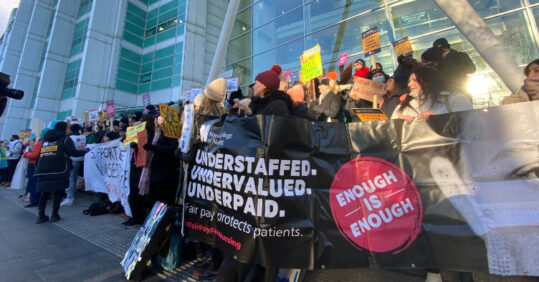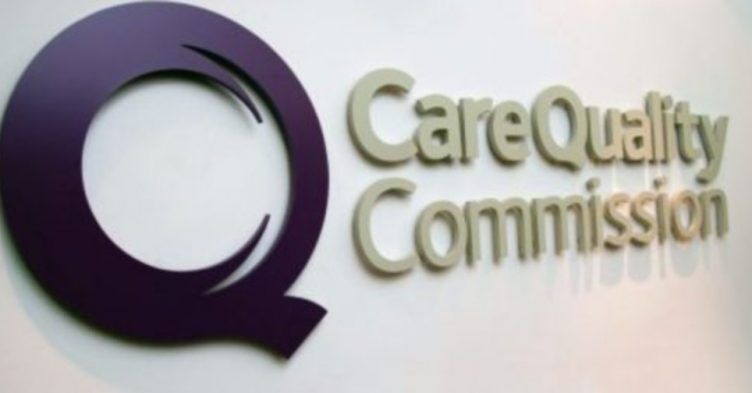The level of public support for strike action by nurses has risen in recent months, according to a new poll.
As the Royal College of Nursing (RCN) continues to ballot members on whether to hold further NHS nursing strikes, a survey by YouGov found 62% of the public would support a strike by nurses, while 37% of respondents said they ’strongly’ support strike action.
This represents a strengthening of support when compared with a similar poll taken on the eve of the first strike by NHS nurses in December 2022, for which 59% said they supported the action and 33% registered strong support.
In the latest survey, conducted between 9 and 11 June, more than eight in 10 (82%) of those polled said they support a pay rise for nurses.
Almost 300,000 nursing staff in England are eligible to vote in the second statutory industrial action ballot on whether to hold strikes of NHS nurses until late December 2023, with the deadline set for midnight on Friday 23 June. The dispute is centered on an ongoing row with the government over pay and working conditions for NHS nursing staff.
Pat Cullen, RCN general secretary and chief executive, urged Prime Minister Rishi Sunak to ‘look closely at the strong backing’ that nurses have and to ‘understand this is unfinished business’.
Ms Cullen added: ‘When you do the right thing by nurses, you do the right thing by patients. Voters of all parties are still with us, and it appears [the prime minister] urgently needs to get them back on side this summer.’
According to the DHSC, all eligible Agenda for Change staff will receive a 5% consolidated pay award for 2023/24.
The deal also includes two non-consolidated one-off payments, one for 2022/23 and a backlog bonus for 2023/24. However, concerns have recently emerged around who will receive these payments, amid funding gaps for those delivering NHS care through social enterprises and community interest companies.






